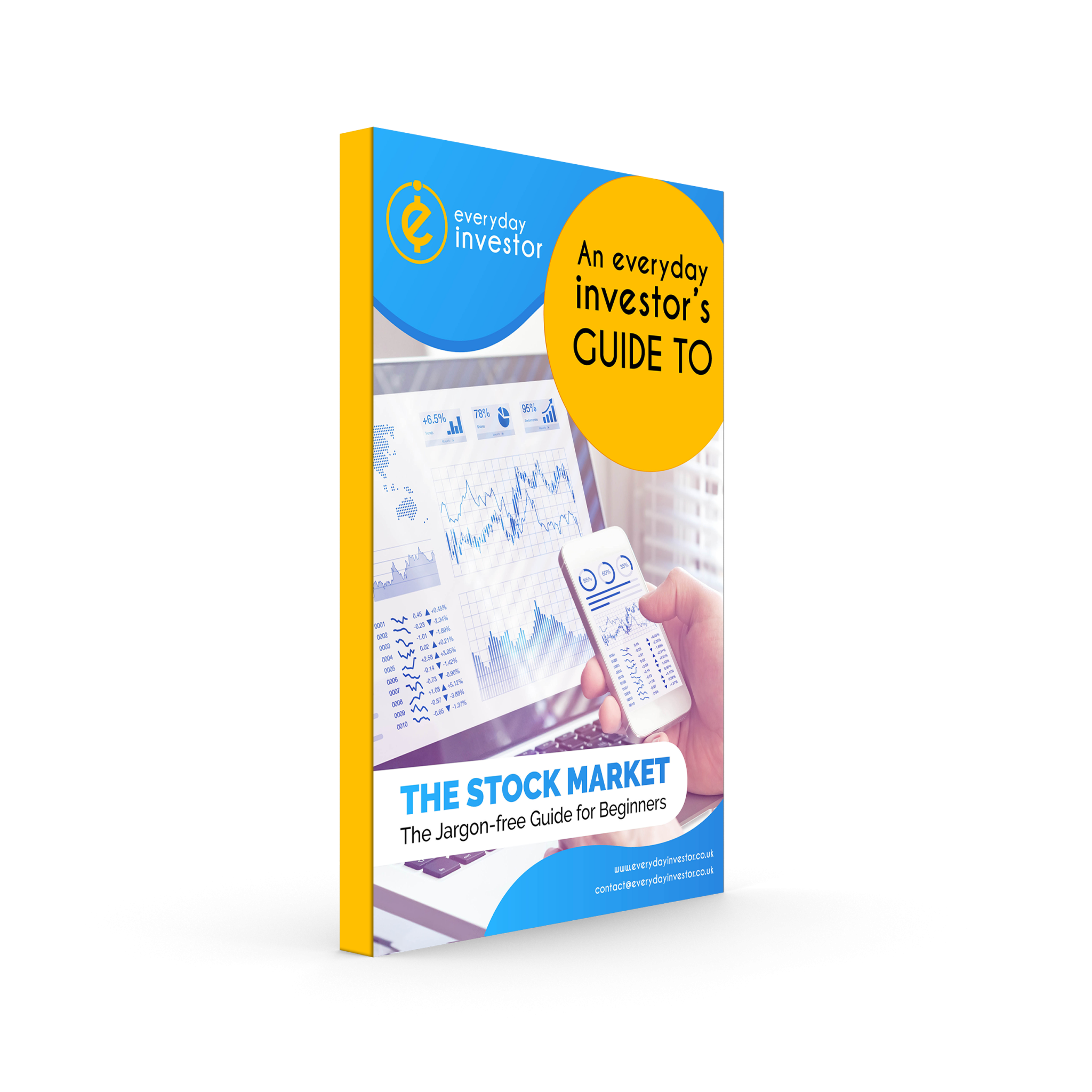What are index funds?
An index fund is a type of investment fund that tracks the performance of a particular stock market index. Often they are referred to as trackers. Examples include the S&P 500 which is a U.S stock market index, or the FTSE 100 index. Investing in index funds is commonly described as passive investing.
Actively managed funds involve the selection of individual stocks by fund managers. Index funds have emerged as a popular alterative for individuals seeking exposure to the stock market without the complexity of active management. Index funds passively invest in all the stocks included in the chosen index, mirroring its composition and performance. This passive approach minimises transaction costs and avoids the risks associated with active stock selection.
Legendary investor Warren Buffett has argued that the use of index funds can provide a diversified and cost-effective investment strategy.
The different types of index funds
Index funds come in various forms, each tailored to specific investment goals and risk tolerances. Some of the most common types include:
- Broad-based index funds: These funds track broad market indices, such as the S&P 500 or the FTSE All-Share Index (the broadest of the FTSE indexes). This provides exposure to a wide range of companies across various sectors. This diversification helps mitigate the impact of individual stock performance on the overall portfolio.
- Sector-specific index funds: These funds focus on a specific industry or sector, such as technology, healthcare, or finance. They offer targeted exposure to a particular segment of the market, allowing investors to align their investments with their interests or expertise.
- International index funds: These funds track indices of foreign markets, providing exposure to companies in other countries. This may include countries classified as emerging markets. They offer diversification across different economies and currencies, providing opportunities to invest beyond an investors home country.
What is weighting in index funds
Commonly, the weighting of stocks within an index fund is determined by the market capitalisation of each company in the index. Market capitalisation is calculated by multiplying the total number of shares it has issued by the current share price. In index funds that are weighted by market capitalisation, companies with larger market capitalisations have a greater influence on the fund’s performance. This reflects their relative importance in the market. This weighting methodology ensures that the fund’s performance closely aligns with the overall performance of the market.
Pros and cons of index funds
Index funds offer several advantages to investors, making them a popular choice for both novice and experienced investors. Some key advantages are:
- Diversification: Index funds provide exposure to a broad range of companies, reducing the impact of individual stock performance on the overall portfolio. This diversification helps mitigate risk and enhances the potential for long-term growth.
- Low costs: Index funds typically have lower expense ratios than actively managed funds due to their passive approach. Expense ratios represent the annual fees charged by a fund to cover its operating expenses. Lower expense ratios translate into more of the fund’s returns being passed on to investors. Fees are important when is comes to investing returns – not accounting for fees is a common way stock market beginners waste money.
- Transparency: The holdings and performance of index funds are readily available, providing transparency for investors. This transparency allows investors to make informed decisions about their investments and monitor the fund’s performance.
However, index funds also come with some potential drawbacks that investors should consider:
- Short-term upside potential: Index funds may not outperform some actively managed funds in periods of strong market growth. Since they passively track the market, they may not capture the full potential of exceptional stock performance over the short-term. Actively managed funds may outperform index funds if their managers are able to successfully identify undervalued or high-growth stocks.
- Downturn tracking: Index funds will mirror the performance of the market, including during periods of decline. If the broader market experiences a downturn, the value of an index fund will also decrease during that period of downturn. Of course, the other way of looking at this is that during periods of growth in the market, the index will track that growth and increase accordingly.
How to invest in index funds
Index funds are accessible to investors of all levels, including those with limited money. Many index funds have low minimum investment requirements, allowing individuals to start investing with small amounts. This accessibility often makes index funds an attractive option for first-time investors or those looking to diversify their portfolios with smaller investments.
It is possible to invest in index funds using an online stockbroker or share-dealing platform. Most platforms offer the option to invest regularly via direct debit. On the listing page for the fund, the provider will include information about the fund and its historic performance.
Conclusion – index funds explained
Essentially, index funds provide access to large baskets of companies. They are an investment option for individuals seeking a long-term approach to growth without the complexities and decision-making of active management. Their popularity with both beginners and experienced professionals, has been driven by their simplicity, passive nature, diversification and low fees.
As always it is important for individual investors to assess their investment goals and do their own research before making any investing decision.
If you’re keen to learn more make sure you check out the rest of our website or grab a copy of our free Beginner’s Guide to Investing in the Stock Market.
All our content is provided for educational purposes only, to help you make your own decisions. We do not provide personalised advice. Therefore our content should not be considered an invitation, inducement, or recommendation to engage in any particular investment activity. Please review our disclaimer and website terms for full details.








